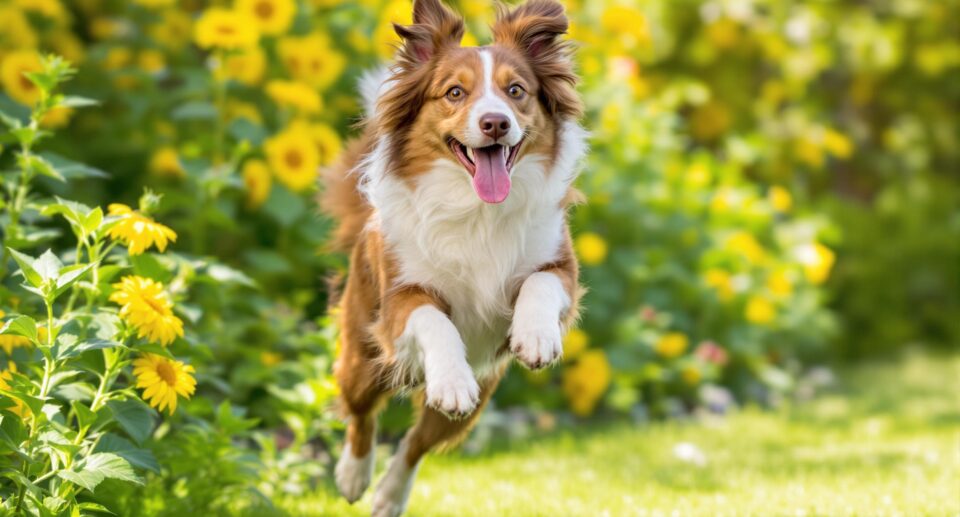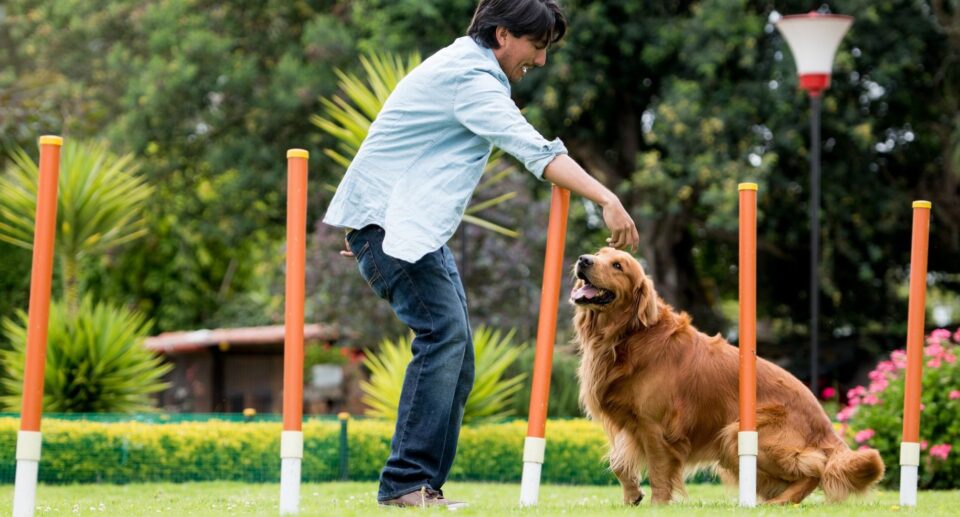Five Reasons To Always Pick Up After Your Dog

All animals poop, so what’s the big deal if you don’t bag up your dog’s daily deposit? After all, nature seems to take care of wastes from bears, foxes, skunks, and everything else that lives out in the wild.
The truth is, the feces of wild animals contribute to the ecosystem’s natural balance. In fact, some seeds only germinate once they have passed through the digestive system of an animal.
However, there are around 90 million dogs in the United States, and each produces around 274 pounds of waste each year, according to the EPA. That’s a total of 24 billion pounds of dog poop per year. If it’s not picked up, dog poop can disrupt the ecosystem and negatively affect the health of both animals and people.
Dog poop doesn’t fertilize plants – it kills them.
When it comes to fertilizing plants, not all poop is equal. Dog poop contains double the concentration of nitrogen as cow manure. While plants need nitrogen to grow, too much of it draws moisture from the surface of plant’s leaves, resulting in yellow burn spots. Sometimes this kills the plant entirely.
Dog poop pollutes waterways.
When remnants of dog poop wash into storm drains or otherwise enter waterways, the high levels of nitrogen contribute to overgrowth of blue-green algae. As the algae takes a body of water, it blocks light and lowers oxygen levels in the water, killing the fish and other wildlife. Blue-green algae can also produce cyanotoxins that are fatally toxic to dogs who swim in or play near the water.
It can harm other dogs and puppies.
Even if your dog is healthy and fully vaccinated, it is possible for them to become an asymptomatic carrier of certain diseases like like parvovirus and CCoV. Asymptomatic dogs can shed viruses in their feces for weeks, and the viruses can survive in the soil for months. Dogs who walk through the area can pick up the virus on their paws, and may contract the virus if they lick their paws later. Senior dogs, puppies, and those with a compromised immune system due to chronic illness are particularly at risk for picking up viruses transmitted through feces.
Shed bacteria can make people sick.
No matter how healthy your dog is, and even if they are up-to-date on their vaccines and preventatives, their poop still contains microorganisms that are harmful to humans and animals. Just one gram of dog poop contains 23 million fecal coliform bacteria, including E.coli and enterococcus faecalis. The bacteria does not pose a health risk when you pick up the poop and wash your hands afterwards. When abandoned poop washes into waterways, though, it can become unsafe for swimming. Swimming in contaminated water leads to ear infections, throat infections, and gastric upset. City officials sometimes close down lakes and beaches when the bacteria levels exceed safe limits. When faced with ongoing issues, they may have no choice but to ban dogs from public swimming areas.
Picking up poop sets good example.
Picking up dog poop not only sets a good example for anyone who accompanies you on walks, it also inspires the next person who comes along to keep the area clean. When people notice that their local parks, hiking trails, and neighborhoods are free of dog poop, they’ll be less likely to toss litter of any kind to avoid ruining a clean, well-kept outdoor space.
Properly Dispose Of Your Dog’s Waste
You can use any plastic grocery bag or dog poop bag roll to pick up your dog’s wastes. Then, just tie a knot at the top and carry it until you find the next trashcan. To help keep single-use plastic bags out of landfills, use degradable Poopy Packs.





